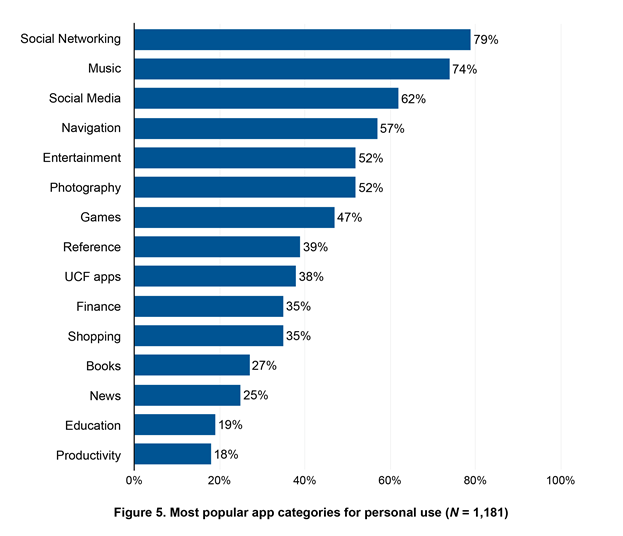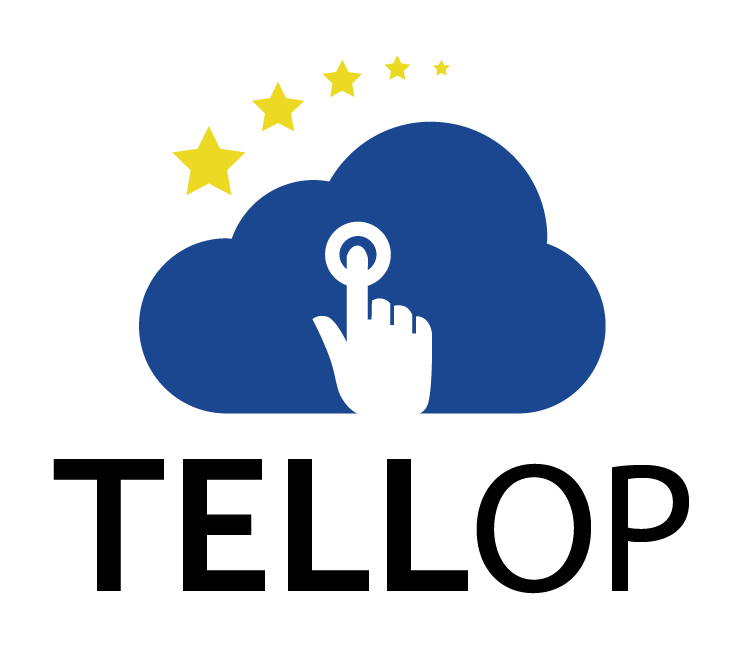

Key Takeaways
- Two university-wide surveys about students’ mobile technology ownership and learning practices show that mobile device ownership is high and continues to increase among students.
- Students and instructors need technical, logistical, and pedagogical support for integrating mobile devices and apps in formal and informal learning environments.
- Continuous support and targeted training resources at the University of Central Florida have produced positive changes in students’ mobile learning practices.
Baiyun Chen, Ryan Seilhamer, Luke Bennett, and Sue Bauer, Instructional Designers, University of Central Florida
Mobile technology is ubiquitous in the lives of today’s college students. Although 83 percent of adults between the ages of 18 and 29 own a smartphone,1 mobile device ownership among college students is even higher; according to a 2014 EDUCAUSE report, 86 percent of undergraduates owned a smartphone as of last year, and nearly half (47 percent ) owned a tablet.2
As an integral part of students’ daily lives, mobile technology has changed how they communicate, gather information, allocate time and attention, and potentially how they learn. The mobile platform’s unique capabilities — including connectivity, cameras, sensors, and GPS — have great potential to enrich the academic experience.3 Learners are no longer limited to the classroom’s geographical boundaries, for example; they can now record raw observations and analyze data on location. Furthermore, mobile technology platforms let individuals discuss issues with their colleagues or classmates in the field. The ever-growing mobile landscape thus represents new opportunities for learners both inside and outside the classroom.4
We conducted two surveys — one in 2012 and one in 2014 — to investigate student use of mobile technology. As a basis of our survey questions, we used the Advanced Distributed Learning Initiative definition of mobile learning:
Leveraging ubiquitous mobile technology for the adoption or augmentation of knowledge, behaviors, or skills through education, training, or performance support while the mobility of the learner may be independent of time, location, and space.5
We targeted University of Central Florida (UCF) students who use mobile devices such as smartphones, tablets, and e-book readers, and focused our questions on their mobile learning activities both inside and outside of classrooms.

